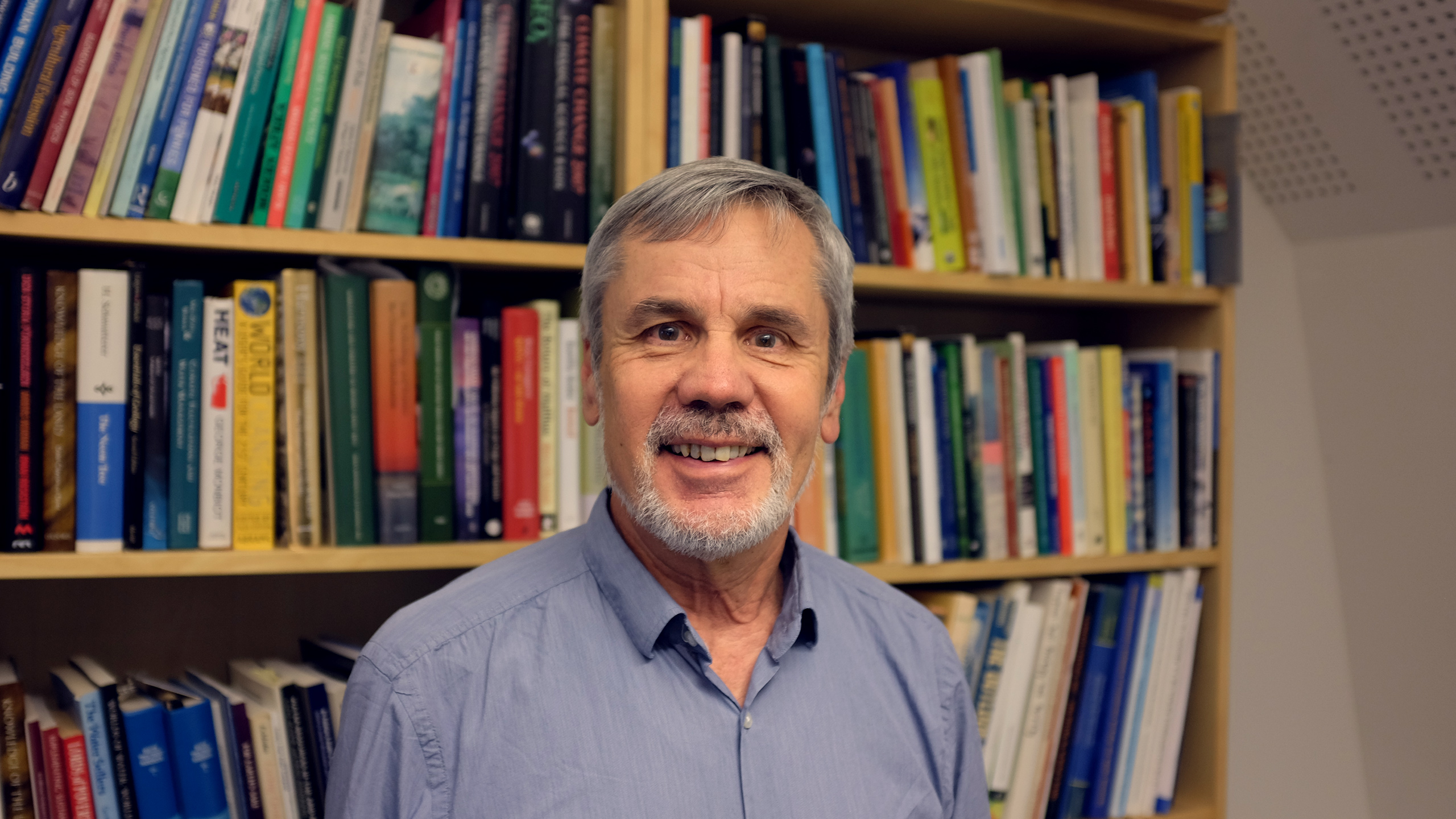This weeks episode is an interview with Will Steffen. He an Australian Earth system scientist and he knows a lot about things like the biosphere, glacial cycles, ocean acidification, fossil industry, geo-engineering, complex system, feedbacks, resilience and tipping points.
One of the stories Steffen will share with you is the situation when Nobel prize winner Paul Crutzen invented the name and concept of The Anthropocene. Will was one of the scientists in the room as it happened in at a workshop in Mexico 2000.
He will also describe the The Great Acceleration, another concept that was born with Will and his colleagues at IGBP.
He shares his top three high-level tasks that we need to manage a lot better than we’ve done so far, Radiative balance, Human Equity and our connection to the Biosphere.
We also talk about metaphors, energy, tipping points in nature as well as in the social-political system and the post-truth era in society.
Conclusions… a lot. For instance tipping points. Both in nature, for exemplet with the Arctic ice melting and it’s albedo feedback… But also the tipping points in renewable energy. We are so locked in to the view that the price of oil sets the price of all energy, consumption, travel, inflation and people worrying about their energy bills etc. But what happens if/when it is cheaper to build solar farms and put up solar panels on your roof-top than to dig up fossil carbon and build big infrastructure like coal fired power plants? That is a shift, not only in how we produce electricity, but in the way the price is set and who is to get the money. It is a shift of power, in many different ways.
I also find the discussion about the feedbacks in system very interesting. You have feedbacks in all complex systems. They take different forms, for example the feedbacks from society to climate, the climate negotiations and the UNFCCC, trying to keep the climate system in a stable situation.
And the resilience of the fossil industry threatening the resilience of both climate and civilisation as we know it (and hence of course also the fossil industry itself).
I slso ask Will about his favourite metaphors, for example to describe complex systems, feedbacks etc.
Martin Hedberg
